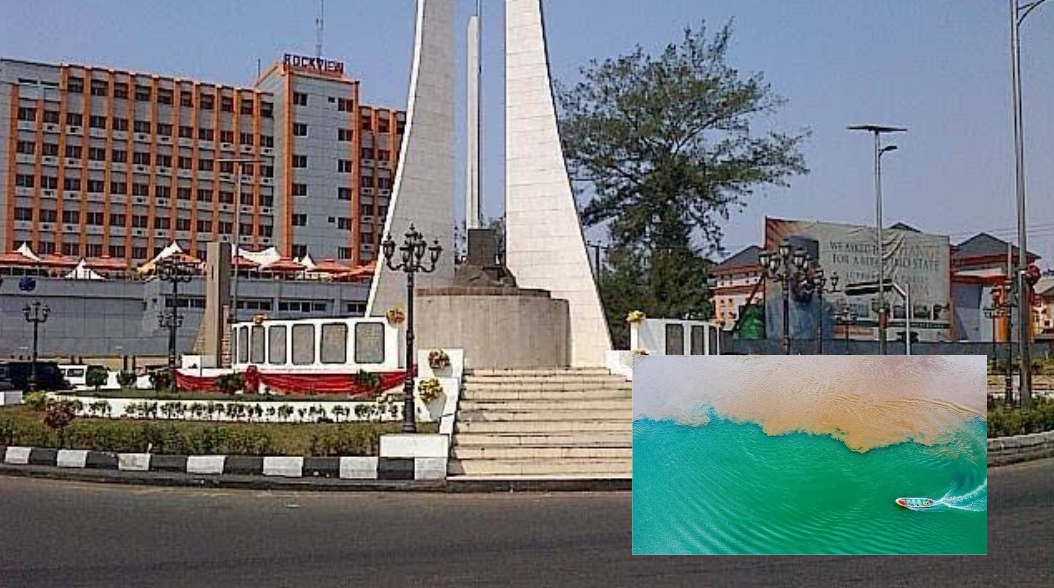Imo State, located in the southeastern part of Nigeria, is a state with a rich cultural heritage and diverse ethnic groups. With a landmass of about 5,100 square kilometers, Imo State is one of the smallest states in Nigeria. However, what it lacks in size, it makes up for in its vibrant tourism industry, historical landmarks, and interesting facts that make it stand out from other states in the country. In this article, we will explore some of the fascinating facts about Imo State, including its tourism potential, ethnic groups, and more.
Interesting Facts About Imo State, Nigeria
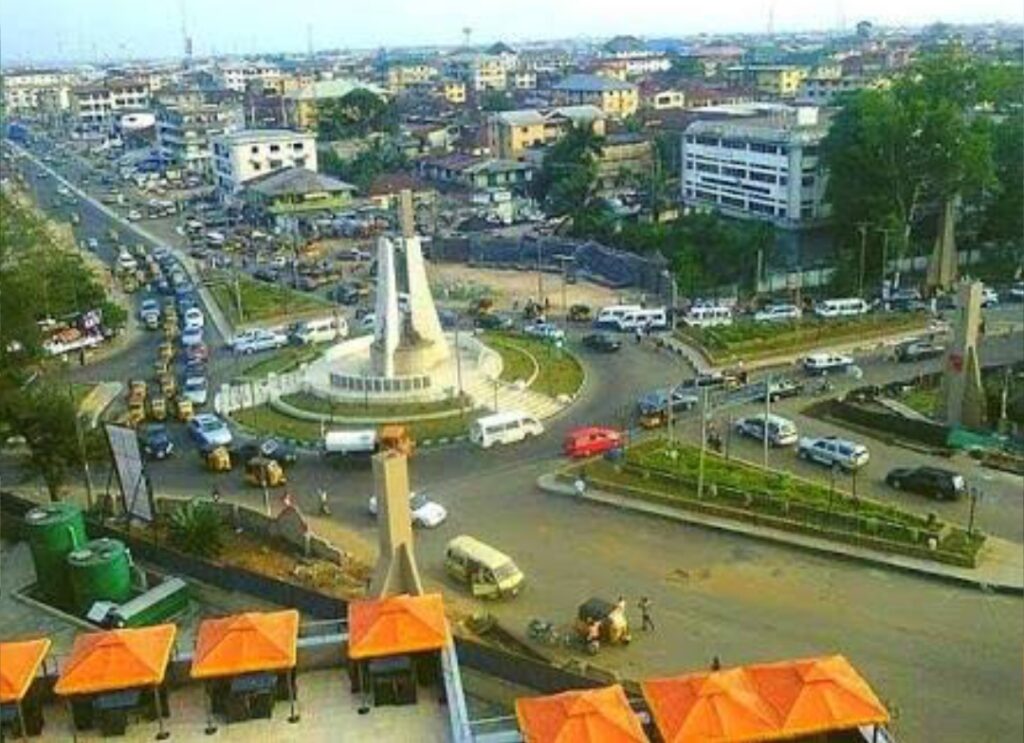
Creation Of Imo State
Imo state was created on February 3, 1976, during the military regime of General Murtala Ramat Mohammed. The state was carved out of the former East Central State, which was one of the twelve states created by General Yakubu Gowon in 1967. Imo state was named after the Imo River, which flows through the state.
Imo State Border
Imo state is bordered by Abia state to the east, Anambra state to the north, Rivers state to the south, and Delta state to the west. The state shares a boundary with the Atlantic Ocean to the south-southeast.
Geopolitical Region Of Imo State
Imo state is located in the Southeast geopolitical zone of Nigeria. The Southeast zone is made up of five states, including Imo, Abia, Anambra, Ebonyi, and Enugu. The Southeast is predominantly populated by the Igbo ethnic group.
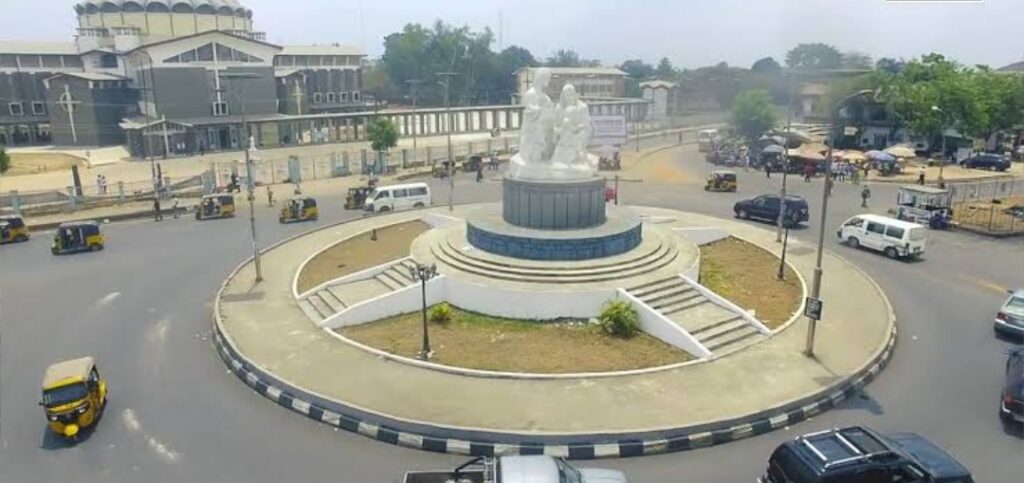
Imo State Capital
The capital of Imo state is Owerri. Owerri is the largest city in Imo state and serves as the administrative center of the state. The city is home to several government offices, higher institutions of learning, and cultural landmarks.
Imo State Slogan
The slogan of Imo state is “The Eastern Heartland”. The slogan reflects the state’s strategic location in the Southeast zone of Nigeria and its rich cultural heritage.
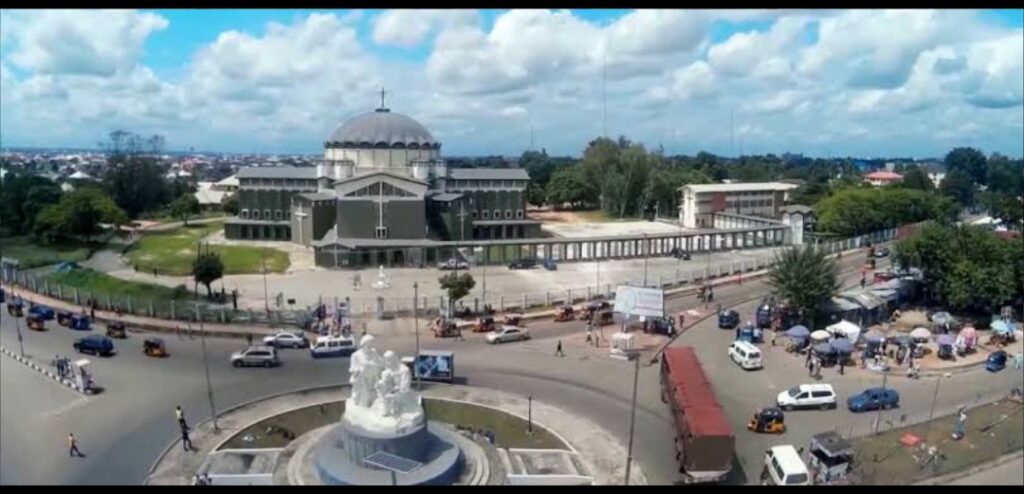
Major Religion In Imo State
Christianity is the predominant religion in Imo state, with Catholicism and Anglicanism being the most widely practiced denominations. Other Christian denominations, such as the Pentecostal and Evangelical churches, are also prevalent in the state. There is also a small Muslim community in Imo state. The state is known for its religious diversity and tolerance.
Imo State Landmass
Imo state covers a total land area of 5,530 square kilometers, making it the 34th largest state in Nigeria in terms of landmass. The state is located in the southeastern part of Nigeria and is bordered by four other states and the Atlantic Ocean. Imo state has a diverse landscape that includes hills, valleys, and forests.
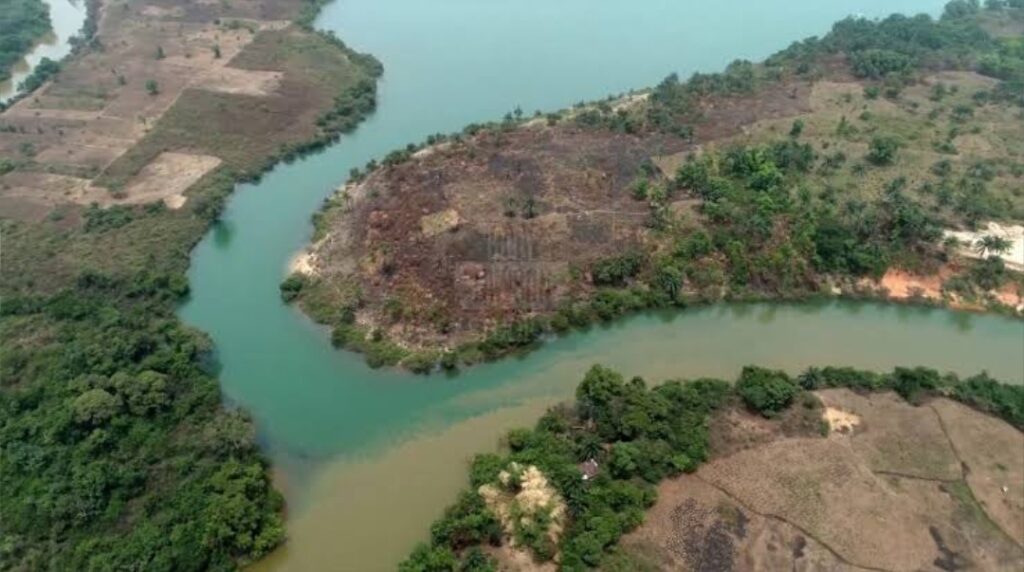
Imo State Tourism
Imo state is home to several tourist attractions that draw visitors from within and outside Nigeria. Some of the popular tourist sites in Imo state include the Oguta Lake, which is the largest natural lake in the state and a popular spot for recreational activities such as boating and fishing.

The Mbari Cultural and Art Centre is another popular destination that showcases the rich cultural heritage of the Igbo people through sculptures, paintings, and other artworks. The Nekede Zoo is also a popular spot for animal lovers and families.
Higher Institutions In Imo
Imo state has several higher institutions of learning that offer a wide range of courses and programs. These institutions include the Federal University of Technology Owerri, which is a leading institution of higher learning in Nigeria and offers courses in engineering, science, and technology. Imo State University is another prominent institution that offers courses in law, medicine, and the humanities. The Alvan Ikoku Federal College of Education is also located in Imo state and is known for its programs in education and teacher training.
Tribes / Ethnic Group In Imo State
Population (position in Nigeria), First Democratic/ Elected Governor: Imo state is home to several ethnic groups, including the Igbo, Owerri, Mbaise, and Orlu. The Igbo people are the dominant ethnic group in Imo state and are known for their rich cultural heritage, including their music, dance, and cuisine. The first democratic governor of Imo state was Chief Sam Mbakwe, who served from 1979 to 1983. He was known for his efforts to develop the state’s infrastructure and promote education.
Population Of Imo State
According to the 2006 census, the population of Imo state was 3,934,899, making it the 17th most populous state in Nigeria. The population of Imo state has continued to grow in recent years due to factors such as urbanization and migration. The state has a relatively young population, with a majority of the residents being under the age of 35.
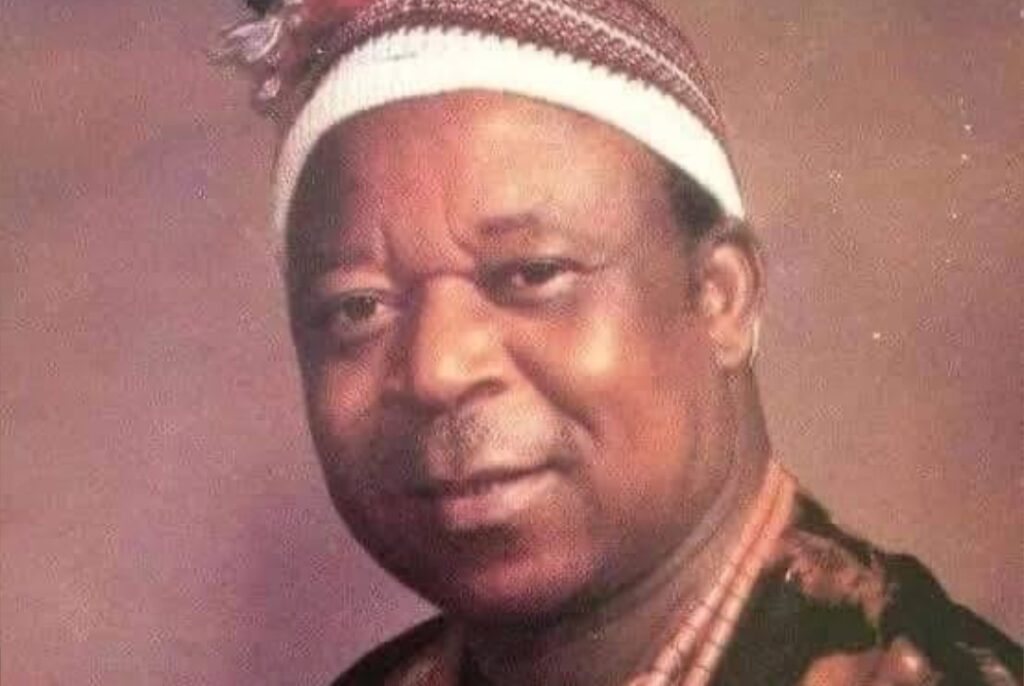
First Democratic Governor Of Imo State
The first democratic governor of Imo state was Chief Sam Mbakwe, who served from 1979 to 1983. Mbakwe was a popular politician who was known for his integrity and commitment to the development of Imo state. During his tenure, he embarked on several projects aimed at improving the state’s infrastructure, including the construction of roads, schools, and hospitals.
Local Government In Imo State
Imo state is divided into 27 Local Government Areas (LGAs). The LGAs are responsible for the administration of local affairs in the state and are headed by elected chairmen and councillors. The LGAs are further divided into wards, which are the smallest administrative units in the state.
Senatorial Districts In Imo State
Imo state has three senatorial districts: Imo West, Imo East, and Imo North. Each senatorial district is represented by a senator in the Nigerian Senate. The senatorial districts are also used for administrative purposes, with each district having its own set of local government areas.
Major Natural Resources In Imo State
Imo state is rich in natural resources such as crude oil, natural gas, limestone, and clay. The state is also known for its agricultural resources, including palm oil, cassava, and yam. The natural resources in Imo state provide a significant source of revenue for the state and contribute to the economic growth of the state.
SUMMARY
Interesting Facts About Imo State
- Date of creation: Imo state was created on February 3, 1976, during the military regime of General Murtala Ramat Mohammed.
- State border: Imo state is bordered by Abia state to the east, Anambra state to the north, Rivers state to the south, and Delta state to the west.
- Geopolitical region: Imo state is located in the Southeast geopolitical zone of Nigeria.
- State capital: The capital of Imo state is Owerri.
- State slogan: The slogan of Imo state is “The Eastern Heartland”.
- Main religion: Christianity is the predominant religion in Imo state, with Catholicism and Anglicanism being the most widely practiced denominations.
- State landmass (position in Nigeria): Imo state covers a total land area of 5,530 square kilometers, making it the 26th largest state in Nigeria in terms of landmass.
- State tourism: Imo state is home to several tourist attractions, including the Oguta Lake, Mbari Cultural and Art Centre, and the Nekede Zoo.
- Higher institutions: Imo state has several higher institutions of learning, including the Federal University of Technology Owerri, Imo State University, and the Alvan Ikoku Federal College of Education.
- Tribes / Ethnic Group: population (position in Nigeria), First Democratic/ Elected Governor: Imo state is home to several ethnic groups, including the Igbo, Owerri, Mbaise, and Orlu.
- Population: According to the 2006 census, the population of Imo state was 3,934,899, making it the 7th most populous state in Nigeria.
- First democratic governor of Imo state: The first democratic governor of Imo state was Chief Sam Mbakwe, who served from 1979 to 1983.
- Local Govt: Imo state is divided into 27 Local Government Areas (LGAs).
- Senatorial districts: Imo state has three senatorial districts: Imo West, Imo East, and Imo North.
- Natural resource: Imo state is rich in natural resources such as crude oil, natural gas, limestone, and clay.
Read More: Interesting Facts About Gombe State, Nigeria
